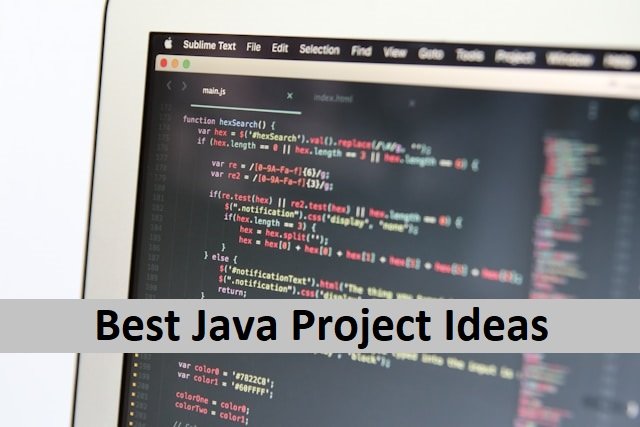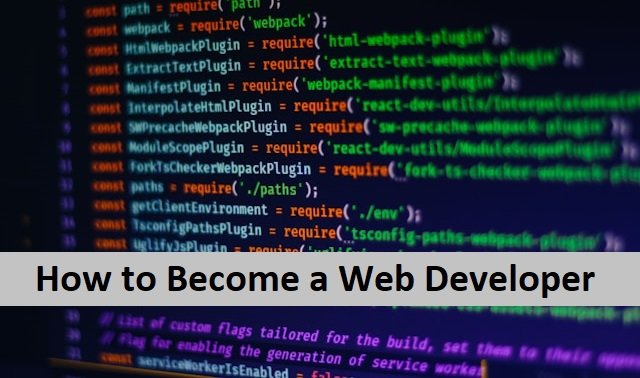In the rapidly evolving landscape of technology and software development, the demand for skilled coders continues to grow exponentially. Traditional education paths, however, often struggle to keep pace with this demand, leading many aspiring programmers to seek alternative routes to gain the necessary skills. One such alternative that has gained significant popularity in recent years is the coding bootcamp.
Understanding the Concept of Coding Bootcamps
A coding bootcamp is an intensive, short-term training program designed to teach individuals programming skills essential for a career in tech. These programs are characterized by their immersive nature, condensed timelines, and practical approach to learning. Unlike traditional four-year degree programs, which may include a broader curriculum encompassing various subjects, coding bootcamps focus specifically on teaching programming languages, tools, and frameworks that are currently in demand by employers.
Origins and Evolution
The concept of coding bootcamps originated in the early 2010s as a response to the growing skills gap in the tech industry. Employers were struggling to find qualified candidates to fill programming roles, and traditional educational institutions were not producing graduates with the practical skills needed in the workplace.
The first coding bootcamps emerged in tech hubs like San Francisco and New York City, offering an accelerated and focused curriculum aimed at equipping students with job-ready skills in a matter of weeks or months rather than years. These programs quickly gained traction due to their effectiveness in producing graduates who could immediately contribute to companies as junior developers or entry-level programmers.
Structure and Curriculum
Coding bootcamps typically vary in length from several weeks to several months, with the most common programs lasting between 8 to 16 weeks. The curriculum is designed to be intensive and hands-on, often including lectures, workshops, projects, and sometimes even collaborative group work.
The core focus of most bootcamps is on teaching programming languages such as JavaScript, Python, Ruby on Rails, or others that are in high demand by employers. Additionally, students learn about web development, software engineering principles, databases, version control systems, and sometimes even introductory topics in data science or cybersecurity, depending on the bootcamp’s specialization.
Learning Environment
One of the defining features of coding bootcamps is their immersive learning environment. Students are often expected to dedicate significant time and effort to their studies, with many programs requiring full-time attendance. This intense focus on learning is intended to simulate the demands of a real-world tech job, where deadlines are tight and problem-solving skills are crucial.
Instructors at coding bootcamps are typically experienced professionals or former graduates of the program who have successfully transitioned into tech careers. This real-world expertise allows them to provide valuable insights and practical advice to students, helping them navigate the challenges of learning complex programming concepts.
Admission and Prerequisites
Unlike traditional college programs, coding bootcamps generally have more accessible admission requirements. While some programs may require applicants to have a basic understanding of programming or mathematics, many accept students from diverse educational backgrounds, including those with no prior coding experience.
Some bootcamps may conduct technical assessments or interviews to gauge an applicant’s aptitude for programming and ensure they are prepared for the rigors of the program. However, the emphasis is often more on motivation, commitment, and a willingness to learn rather than academic credentials.
Financing Options
The cost of attending a coding bootcamp can vary widely depending on factors such as location, reputation, and length of the program. On average, tuition for a coding bootcamp ranges from several thousand to tens of thousands of dollars. While this may seem steep compared to the cost of some traditional educational programs, many bootcamp graduates find the investment worthwhile due to the accelerated nature of the training and the potential for higher earning potential in the tech industry.
To make bootcamps more accessible, many programs offer financing options such as income share agreements (ISAs), where students agree to pay a percentage of their future salary after landing a job in tech, or loan programs with deferred payment plans. Some bootcamps also offer scholarships or discounts for underrepresented groups in tech, further increasing access to these programs.
Job Placement and Career Support
One of the key selling points of coding bootcamps is their focus on job placement and career support. Many programs boast high job placement rates, with graduates securing positions as junior developers, web developers, software engineers, or in other tech-related roles shortly after completing the program.
Bootcamps often provide career services such as resume workshops, mock interviews, networking events, and access to a job placement network consisting of hiring partners and alumni. Some programs even offer guarantees that graduates will find a job within a certain timeframe or receive a refund of their tuition, although the specifics of these guarantees can vary.
Challenges and Criticisms
While coding bootcamps offer a promising path to a career in tech for many individuals, they are not without their challenges and criticisms. Critics argue that the short duration of bootcamps may not provide sufficient depth of knowledge compared to traditional degree programs, especially in areas such as computer science theory or advanced algorithms.
There have also been concerns about the variability in quality among bootcamps, with some programs offering subpar instruction or failing to deliver on promises of job placement. Prospective students are advised to thoroughly research bootcamp reviews, outcomes, and success stories before committing to a program to ensure they choose one that meets their needs and expectations.
The Future of Coding Bootcamps
Despite these challenges, coding bootcamps continue to thrive and evolve as an alternative education model in the tech industry. As demand for skilled programmers continues to grow, bootcamps are likely to play an increasingly important role in filling the skills gap and providing accessible pathways to tech careers for individuals from diverse backgrounds.
Looking ahead, the future of coding bootcamps may involve greater specialization in niche areas of tech, such as cybersecurity, artificial intelligence, or blockchain development. Additionally, advancements in online learning platforms and remote instruction may further expand access to coding bootcamps for individuals outside of major tech hubs or who prefer to learn from the comfort of their own homes.
Conclusion
In conclusion, coding bootcamps represent a significant innovation in tech education, offering a fast-paced and practical approach to learning programming skills. By providing intensive training, career-focused curriculum, and robust job placement support, bootcamps have successfully helped thousands of individuals launch careers in tech.
While they are not a substitute for traditional degree programs in computer science or engineering, coding bootcamps offer a viable alternative for those looking to quickly acquire job-ready skills and enter the tech industry. As the tech landscape continues to evolve, coding bootcamps are likely to remain a valuable option for aspiring programmers seeking to make their mark in this dynamic and rewarding field.
FAQs
Who should attend a coding bootcamp?
Coding bootcamps are ideal for individuals looking to quickly acquire technical skills and transition into a career in software development or related fields. They are suitable for career changers, recent graduates, professionals looking to upskill, or anyone interested in entering the tech industry without pursuing a traditional four-year degree.
What programming languages do coding bootcamps teach?
The specific programming languages taught in coding bootcamps can vary depending on the program and its focus. Common languages include JavaScript, Python, Ruby on Rails, Java, C#, and others that are in high demand by employers. Some bootcamps may also cover frameworks, databases, and other tools relevant to modern software development.
How long do coding bootcamps last?
Coding bootcamps typically last between 8 to 16 weeks, although some may be shorter or longer depending on the curriculum and intensity of the program. There are also part-time and online bootcamps available, which may have more flexible timelines.
How much do coding bootcamps cost?
The cost of coding bootcamps can vary widely depending on factors such as location, reputation, and curriculum. On average, tuition ranges from several thousand to tens of thousands of dollars. Some bootcamps offer financing options such as income share agreements (ISAs) or loan programs to make tuition more manageable for students.




